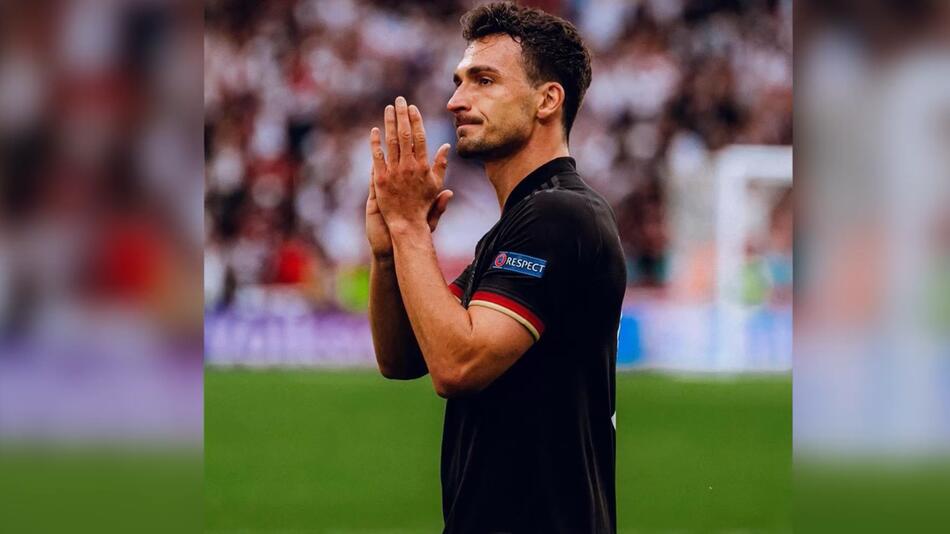When Thomas Müller missed his one big shot, and Harry Kane netted his header five minutes later, England found itself in what Peter Drury called a "national embrace". Finally England can let go of its German trauma.
Müller took aim, and Müller missed.
Five minutes later, England’s hitherto-caged captain
This time it all went Englands way
On that painful day in 1996, the big moments went against England. Darren Anderton struck a post in extra time, and then Paul Gascoigne couldn’t quite stretch far enough to poke home Alan Shearer’s driven cross. These are incidents that have been replayed on TV screens and in minds ever since, as England fans have had to pile up near-misses and outright failures.
This time at Wembley, the big moments went England’s way. The sometimes-erratic Pickford made crucial saves from Champions League winners Timo Werner and Kai Havertz, Declan Rice was shown a yellow card for bringing down
There might be schadenfreude
As
Of course, that might still be England’s fate. For all the talk of a wide-open route to the final, the Three Lions must still beat a talented and unpredictable Ukraine team in Rome on Saturday, and a semi-final will bring a clash with either a resurgent Denmark or a Czech Republic side that dumped the Netherlands out of the tournament. There are no pushovers from here on in, and no gimmies.
It's a big triumph for Southgate
But while we can dream of Harry Kane lifting that famous trophy at Wembley on July 11, England manager
Pundits, armchair or otherwise, lined up to tell him his team selection and choice of formation was wrong. There was a sea of phone-ins and social media posts to drown in before the game had even begun. Playing a back three was too negative, they said. Why wasn’t the effervescent Jack Grealish in the starting XI? Where were Phil Foden and Mason Mount? Why not concentrate on enhancing England’s strengths rather than negating Germany’s?
Southgate turned down the volume of that chatter to zero, had the courage of his convictions and he was proved right. The use of wing-backs stopped the destroyers of Portugal - Robin Gosens and Joshua Kimmich - from truly influencing the game, and England’s left-sided wing-back Luke Shaw was involved in both goals after an uncertain start. Grealish proved to be the perfect impact sub, as he could dazzle against opponents with tired legs and tired minds.
Three Lions (Football's Coming Home)
Sterling stings like a wasp
Raheem Sterling, born in Jamaica but raised within sight of the Wembley arch, was once again England’s hero. Although he has often been mistreated by parts of the English media and sections of the England fanbase, Sterling has carried himself with dignity, and there is something truly delightful about seeing him at the forefront of moments that should be remembered for generations. Like a human wasp stinging at will, Sterling’s desire to jink and dart and surge against an uncertain German defence made him a constant threat, and it was no surprise that he opened the scoring.
For Germany, this is a rare setback that heralds the end of Jogi Löw’s improbably long tenure as coach, and the start of Hansi Flick’s spell as the Bundestrainer. Given Flick’s success with the likes of Manuel Neuer, Joshua Kimmich, Leon Goretzka and Serge Gnabry at Bayern, and his experience as a World Cup-winning assistant coach with Germany in 2014, this defeat at Wembley could merely be the prelude to much brighter days.
That’s another story for another time, but now it’s England who have the limelight after a tournament clash with Germany. Southgate admitted after this historic Wembley clash that if the team and formation he had selected had failed, he’d "be dead". His dreams and England’s dreams are still very much alive.
